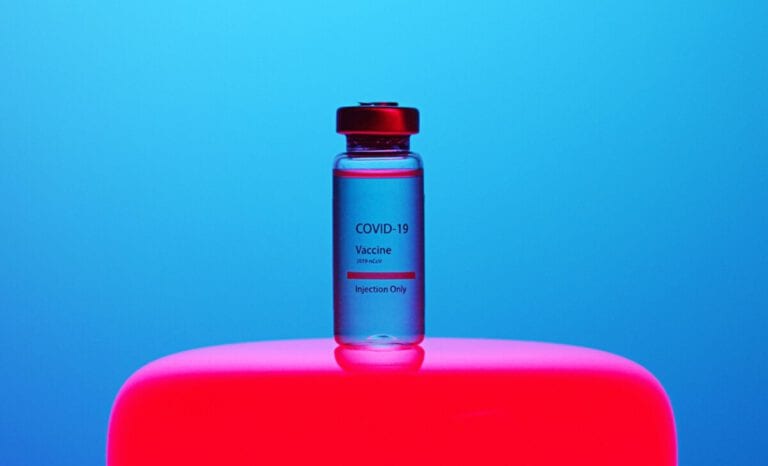
You have a goal: you must increase the number of people taking the COVID-19 vaccination.
Your policy options:
a) people who choose not be vaccinated should have restrictions placed upon them,
b) people who choose to be vaccinated are rewarded with access to more public areas,
c) a balance between ‘a’ and ‘b’
What would you choose?
Of 1,640 Dutch people who took part in a study by TU Delft, RIVM, Erasmus University Rotterdam and Maastricht University, the majority leaned towards options (out of a total nine) that focused on reward over punishment.
Vaccination certificates could be key
Almost three-quarters of the participants were in favour of utilising vaccination certificates to earn access to shops, nursing homes and public transport when there is an outbreak in an area.
“That would mean that in the event of an outbreak in Amsterdam, the pubs could remain open, but only for people with a vaccination certificate,” says researcher Niek Mouter.
Importantly, the participants said that the freedoms for vaccinated people should only take place once everyone has had the opportunity to be vaccinated. Mouter says this will be “Probably sometime in the summer.”
Vaccine confidence
Of the participants in the study, 44 percent said they will definitely take the vaccine, and more than a quarter probably will.
This would be just enough to get coronavirus under control — around 70 percent of the Dutch population must be vaccinated before that happens.
Epidemiologist and behavioral expert Esther Metting told the NOS that the government needs to provide vaccination evidence to convince people to take the jab.
“It must first be clear how effective the vaccine is, to avoid false security of the evidence. Until then, the use of rapid tests may be more reliable.”
Self-imposed restrictions
Of those who said that they are unlikely to take the vaccine, half say that they are in favour of restrictions against unvaccinated people anyway. Mouter calls this remarkable.
“They choose a policy option that limits themselves. Despite the fact that they themselves may suffer from it, they think it is important that the economy can continue to run.”
Which option would you choose? Tell us why in the comments below!
Feature Image: Artem Podrez/Pexels


a) and b) are the same thing, just worded differently. Thus, c) is illogical.
Besides, given that many people naturally develop immunity, wouldn’t nationwide testing combined with an immunity passport be a better option than a system based solely on vaccination. After all, the end result of inoculation is the same as with natural immune system response.
Whether it is achieved via natural immunity or via a vaccine, as a nation the end result is the same: herd immunity.
Immunity itself is what is important, not whether someone has been vaccinated. Instead, test everyone for the relevant antibodies AND T-cells. Those who have neither can be vaccinated and given a vaccine passport, those who have either regain their freedom by default.
So dumb. The vaccine doesn’t prevent a person from getting it or transmitting it. So to say that vaccinated people should get more freedom makes literally zero sense. They will still be able to contract and spread the virus, vaccine or not. Natural immunity is far more effective than vaccine immunity and it is longer lasting. People that have already contracted the virus should be tested for immunity and also given freedoms. To limit it to only those that are vaccinated is ridiculous. Its also ludicrous to restrict people from going to a shop (basic necessity) for a virus when 99.8 percent of healthy adults have no issues. That is placing a minority population under duress, and is frankly, illegal. This vaccine program is so obviously not about ” achieving herd immunity”, and is actually more about money, control, and a depop agenda. Anyone who floats these ideas as good is seriously deranged and should lose their job.